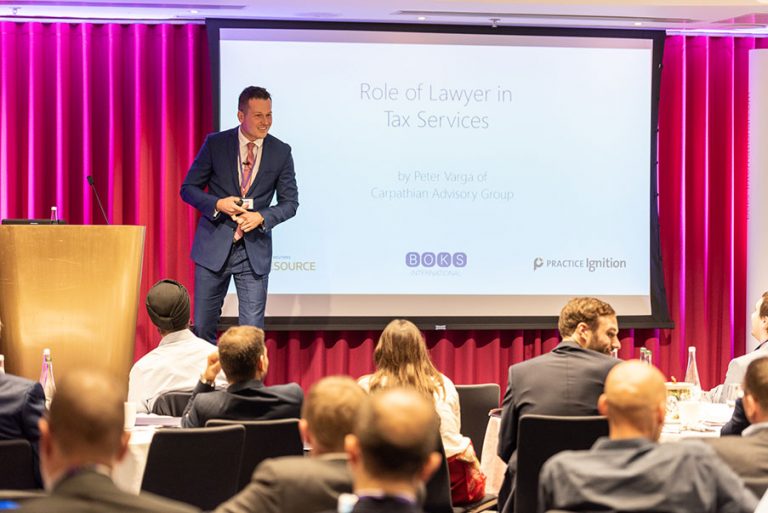
Slovakia can also be a tax haven for IT companies (“super deduction”, “patent box” and sale of the company)
The Income Tax Act has recently become the target of sincere legislative efforts to make IT business more attractive to Slovak companies and to attract foreign ones.
The rules for the so called.
The “super deduction” has been improved, the “patent box” has been introduced and income from the sale of shares in Slovak companies has been exempted.
At a recent conference on tax optimization for the IT sector(more information here), we discussed a number of ways IT companies can pay less in taxes and levies by default. We addressed not only foreign options, but also Slovak ones. We did not leave out the ones that the Slovak Income Tax Act has recently started to offer for the IT sector. In this article we will briefly describe them.
“Super Deduction”
In the so-called.
The “super deduction” originally allowed you to increase the cost of software development only by the sum of:
However, after January 1, 2018, an amendment to the Income Tax Act brought an even significantly more attractive regime under which IT companies can double a critical part of the cost of software development for tax purposes. In addition, an IT firm can further increase this doubled tax expense if it increases its software development costs year-on-year. For the purposes of claiming the benefits of the ‘super deduction’, it is important that the IT firm can demonstrate that the software solution being developed is unique, has no clear/tangible outcome in advance and has no economic utility at the time. As with other areas in tax law, the proper setup of a “super deduction” is thus left to a great deal of creativity, flexibility, and legal uncertainty.
“Patent box”
IT companies can also take advantage of the so-called. IT companies can also use the “patent box” and thus exempt up to 50% of the income from the use of their software from income tax. In other words, IT firms can pay up to half the tax of other companies. Add to this the tax benefits of the “super deduction” that a company can enjoy in relation to the same software, Slovakia really can be a tax haven without the entrepreneur having to invest thousands to tens of thousands of euros in foreign structures.
However, the use of the “patent box” for computer programs is subject to a number of different conditions than the “super deduction.” The basic condition is that the software development must be properly accounted for by the company. Another prerequisite is that the software expenditure must be capitalised in the accounts, which in practice means that the software must have the actual potential to bring economic benefits to the company. Furthermore, the firm must have an internal team of people. As the current standard, mainly due to the high levy burden, is not to employ but to work with contractors (e.g. freelancers), several IT firms have and may have problems with setting up the benefits of the “patent box”. And here it becomes clear how important it is to have a lawyer, a tax lawyer as well as an accountant in one person, or at least under one roof, in such situations. To come up with a creative and defensible solution in such situations requires not only knowledge of tax and accounting, but above all of the law.
Taxation of capital gains
In his 2016 article “Do we want to have higher salaries in Slovakia? We can abolish capital gains tax“, our partner Peter Varga, in the context of BREXIT and the international tax revolution called BEPS, advocated the exemption of income from the sale of shares from income tax. A number of neighbouring countries had the conditions for exemption of capital gains at that time already established for a long time. It is true that this topic had been discussed for several years before, but it was only the amendment to the Income Tax Act on January 1, 2018 that brought about the exemption from income tax of income from the sale of shares and business interests after 24 immediately consecutive calendar months from the date of acquisition of at least a 10% direct interest in the share capital of a business company. Thus, from 2020, it will not necessarily be necessary to use shell companies in traditional jurisdictions such as Cyprus, Malta, the Czech Republic or Austria for the sale of shares in Slovak companies.
Slovakia can also be a tax haven today. If you are interested in this topic, read the related article by our partner Petr Varga on the portal tax administrations.sk.
Law & Tax
Tomas Demo
tomas.demo@highgate.sk
Accounting
Peter Šopinec
peter.sopinec@highgate.sk
Crypto
Peter Varga
peter.varga@highgate.sk